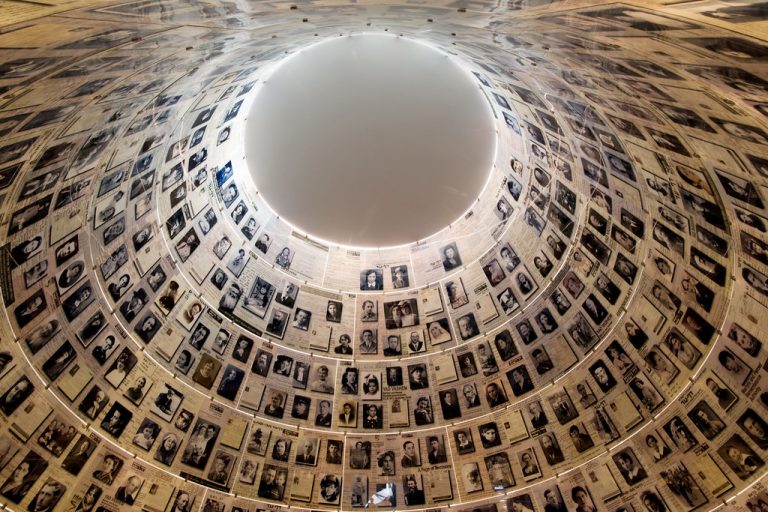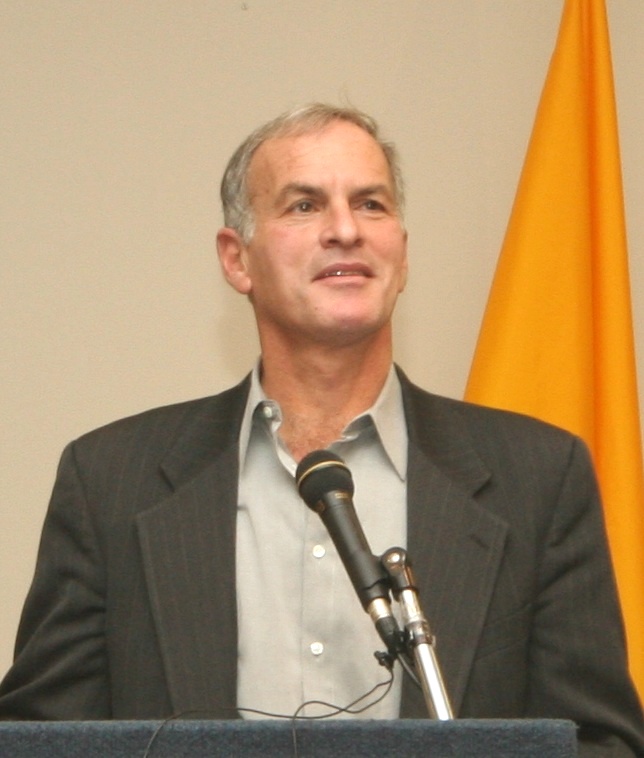Education about the Shoah, or Jewish Holocaust, is critical. However, the way it is often taught centers the Jewish experience, overshadowing or ignoring the deaths of millions of other civilians by the hands of the Nazis. Holocaust education laws and curriculum standards in the United States and other western nations are often written to indicate that teaching about the Shoah is important because of the themes of genocide and hatred, but the education often only focuses on Jews and antisemitism.
When I taught about the genocides of WWII and the Nazis’ genocide of many people in my own course, most of my students didn’t know that more than 10 million non-Jews were killed (some didn’t even realize that Jews weren’t the only ones killed). Most of my students didn’t know that Japan, America, and the USSR were also all conducting genocides at the same time. And they had certainly learned about the Shoah several times in their K-12 education, but they didn’t all get the full scope of it unless they’d taken AP history classes.
There is a heavy focus on the Jewish experience of the Shoah, and most school districts only teach about one genocide in depth. Students have the impression that there was only one important or large genocide, and it happened to Jewish people.
This has also sparked criticism and fueled antisemitism; people have said that “the Holocaust is shoved down our throats,” and “the Jews never stop talking about the Holocaust.” It should be talked about, but it should not be the only one talked about.

Yad Vashem, Holocaust Museum, Jerusalem – Hall of Names, photo by Noam Chen, IMOT, CC BY-ND 2.0, via Flickr
Students in America should also learn about the genocide of Indigenous peoples, which was, coincidentally, partly what inspired Hitler. Students in France should also learn about the genocide that the French committed at the end of WWII in Algeria; students in the UK should also learn about the genocide the British committed for 89 years before WWII in India and southeast Asia. Do you see my point?
Countries which have a history of colonization often do not teach about the genocides that they committed. If we’re going to teach about the Shoah for its themes, and if we say “never again,” then we should also teach about the other 100+ genocides in recorded history. There have been more than 50 genocides since the end of WWII, as well; it didn’t end when the United Nations created the Convention on the Prevention and Punishment of the Crime of Genocide in 1948.
Americans often view the Shoah as The Worst Tragedy in Human History (capitalization for emphasis), and the Israel Lobby in America has influenced that ideology. To be clear, the Israel Lobby did not create this idea overnight, nor was it solely their doing. Over the course of many decades the Israel Lobby has supported and influenced politicians to vote on hundreds of bills concerning Israeli-American relations and shared values, Holocaust education, and condemning antisemitism. The Israel Lobby is arguably the most influential lobby in the US, and it is not just one person or one organization, it is thousands of individuals and groups who donate money towards specific campaigns, and hundreds of lobby groups all cheering for specific interests.
Holocaust Exceptionalism or Holocaust Uniqueness is the idea that the suffering of Jewish people is more important and utterly unique. This perpetuates an idea that Jewish people hold a monopoly on human suffering, which is objectively not true. There are people who believe that to compare the Shoah to any other genocide is equal to denying it happened. A handful of people believe that it is a denial just to say that any other genocide was a “holocaust.” The word “holocaust” is just a synonym for genocide, but the Holocaust Industry has weaponized the word to make people think there was only one. Historians who believe in the complete uniqueness of The Holocaust deny that other genocides happened while saying that comparing anything to The Holocaust is Denial—it doesn’t make sense.

Norman Finkelstein, photo by Miguel de Icaza, CC BY-SA 3.0, via Wikimedia Commons
The Holocaust Industry, by Norman Finkelstein, critiques the weaponization of the Shoah, it’s one of the most controversial books about the Nazi Holocaust. Finkelstein is a Jewish-American political scientist, his mother survived the Warsaw Ghetto and the Majdanek death camp, and his father survived Warsaw and Auschwitz. He’s spent his political career advocating for a free Palestine and condemning Israel, and he’s received an enormous amount of hate and backlash for it.
On some level, each genocide is a little unique, but Holocaust Exceptionalism holds beliefs that are easily disproven, because the narrative is that everything about the Shoah was unique and hadn’t happened before. They condemn anybody who compares genocides because comparing is denying that Jewish suffering is unique.
Comparing is to say “look at the similarities,” which is different than ranking. Ranking is to say, “the Holocaust is the most unique and therefore the most important to learn about,” and ranking inherently diminishes the value of other genocides, but comparing doesn’t. There are even college degrees in Comparative Genocide. Holocaust Exceptionality is ranking that genocide above all others, and people who adhere to that ideology fear that something else will “out rank” the Shoah.
During, and for two decades after the Shoah, the genocide wasn’t often cast as a uniquely Jewish experience, nor a unique event in history. However, some would like to categorize the Shoah as a completely unique experience in history that only happened to the Jewish people. On some level, every genocide is unique, but they also share certain characteristics. We have even been able to identify the “Ten Stages of Genocide” because of the similarities!
But, The Holocaust is sometimes described separately, and of more importance than all other genocides. Elie Wiesel, the face of The Holocaust and one of the foremost authorities on the subject as a survivor himself, said that to compare anything to The Holocaust is a “betrayal of Jewish history,” and he didn’t appreciate it when people mentioned that other genocides happened during WWII. Simply acknowledging other genocides, or even the other people targeted during WWII, is seen as a trivialization and a denial of The Holocaust.
Commemorating only the Jewish suffering during the Shoah is disingenuous, and giving it more importance than every other genocide is contemptible.





